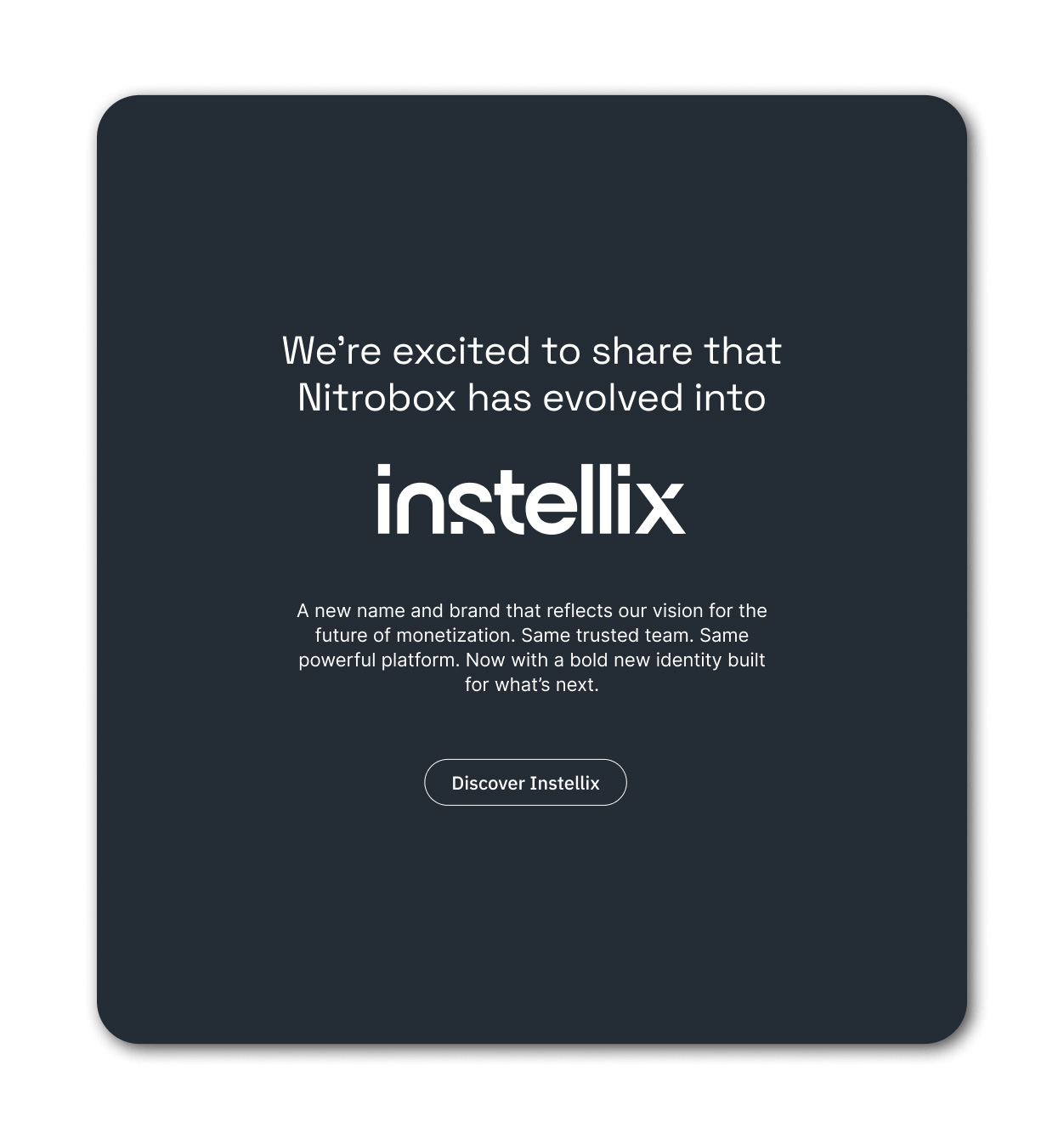
Monetization is the process of converting previously non-revenue-generating assets, activities, or services into sources of profit.
Monetization is about maximizing a company’s revenue from every available resource. Today, businesses have more ways than ever to monetize their offerings. By innovating their monetization strategies, they can adopt digital business models and boost their bottom lines.
Monetization Strategy
A monetization strategy outlines how a business intends to make money from a specific asset or activity. This strategy typically includes elements such as target customer segments, value propositions, and pricing models.
It’s vital that the strategy aligns with the business’s overall goals and objectives. Companies must understand the value their product or service provides, identify potential revenue streams, and determine how to deliver that value.
Examples of Monetization
Let’s explore a few clear, real-world examples to show how businesses transform non-revenue generating assets into profitable ventures.
Software Monetization
Software as a Service (SaaS) is a prime example of software monetization. Companies offer their software on a subscription basis, charging customers a regular fee to access the software over the internet.
This recurring revenue model allows businesses to generate continuous income. Meanwhile, customers benefit from lower upfront costs and can access the software from anywhere.
API Monetization
Application Programming Interfaces (APIs) allow different software applications to communicate with each other. In today’s increasingly digital landscape, they are valuable revenue-generating assets.
For example, businesses can charge for access to their APIs. Alternatively, they can create marketplaces where third-party developers can build and sell applications that use the company’s API. One popular business case is API monetization through a usage-based pricing model.
Automotive/Mobility Monetization
The automotive and mobility sectors have seen a wave of monetization with the introduction of electric vehicles and car-sharing services.
Electric vehicle manufacturers, for instance, obviously monetize by selling cars, but also through a network of charging stations. Additionally, they manage car-sharing services to generate revenue by charging customers a fee for temporarily using vehicles.
IoT Data Monetization in Manufacturing
Manufacturing businesses can monetize regular user activity through Internet of Things (IoT) usage data gathered from interconnected devices. These devices, contained within manufacturing equipment, can track performance metrics, detect maintenance needs, and optimize operational efficiency. Businesses can sell this data, use it to improve their operations, or offer value-added services based on the data’s insights, like enabling use cases like predictive maintenance. Imagine knowing a machine will break before it does, and preventing that. Manufacturing downtime is an incredible problem, and addressing it is a clear business opportunity.
Monetization is a critical aspect of business strategy as it allows businesses to maximize their revenue potential. As technology evolves, the opportunities for strategic innovation will continue to grow.
Learn more about how we can support you from ideation to launching for first product, and monetizing it, by exploring our our page on why a monetization platform is the perfect fit.

